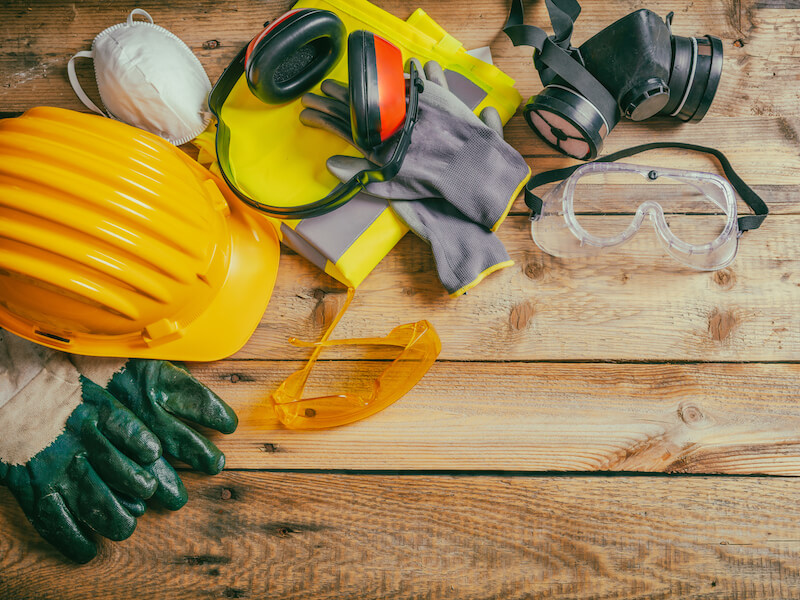
Every year, about 2 million workplace injuries are documented. When you think about on-the-job injuries, you may think of flying objects or a hand caught in a piece of machinery at a factory.
But there is a much more pernicious on-the-job injury that is even more common and frequently unnoticed. Over the course of several years, it will sneak up gradually on people. The injury goes undetected until the effects become impossible to dismiss. People typically make excuses. “It will go away” or “I’m just getting older. This response is normal.
Many people don’t even realize it was caused by their workplace environment.
The insidious injury is damaged hearing. There are a number of warning signs you should identify, and there are essential steps you need to take if you believe the damage is already done.
How Loud is Too Loud?
Continual exposure to sounds louder than 85 decibels (dB) can result in long-term damage to your hearing. Seventy-five dB, for instance, is the average volume of a vacuum cleaner. A lawnmower delivers 85 dB. If you’re exposed to a leaf blower or a chainsaw you’re experiencing 100 dB. And the volume of a gunshot logs in at 140 dB.
Are you at risk when in your work environment? Are you being exposed to the most prevalent workplace injury? If you’re regularly exposed to something as loud as a lawnmower, even if it’s not constant, your hearing is likely to become damaged over time.
Symptoms of Hearing Damage
If you work in a noisy environment, there’s no doubt you’re damaging your hearing.
What follows are early warning signs that you’re dealing with hearing loss:
- You hear ringing, whistling, or hissing even when it’s quiet.
- Conversations sound muffled.
- You can’t understand the person speaking if there’s background noise.
- You tend to withdraw when people are talking.
- People are always complaining about the loud volume of your media devices.
- You often ask people to repeat what they said.
- You think people speaking to you are constantly mumbling.
- You confuse consonants – “Todd” sounds like “Dodd,” for instance.
- Loud sounds cause pain in your ears.
What Are Employers Doing to Decrease Hearing Damage?
Businesses and organizations are using the latest technology to reduce workplace noise in excessively loud settings. Government agencies are endeavoring to update recommendations that will reduce workplace noise and protect employees.
As more employees become aware of the recurring damage they have suffered as a consequence of workplace noise, they are coming forward. Further change will come as their voices are heard.
Preventing Additional Damage
Safeguarding your ears before they become damaged is the smartest plan if you work in a loud environment. Using protective headphones or earplugs on the job will help decrease potential damage.
If you believe your hearing has been damaged by a noisy workplace, schedule a hearing test as soon as possible. When you identify the level of your hearing loss, you will find out how to counter further damage going forward. We can help you formulate strategies to prevent further hearing loss and manage the damage you’ve already experienced.

